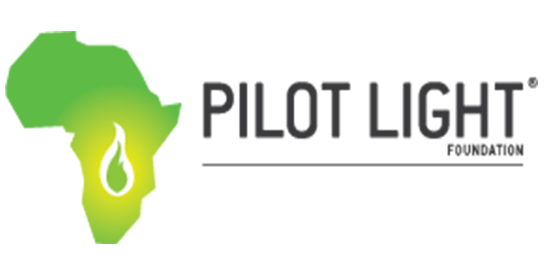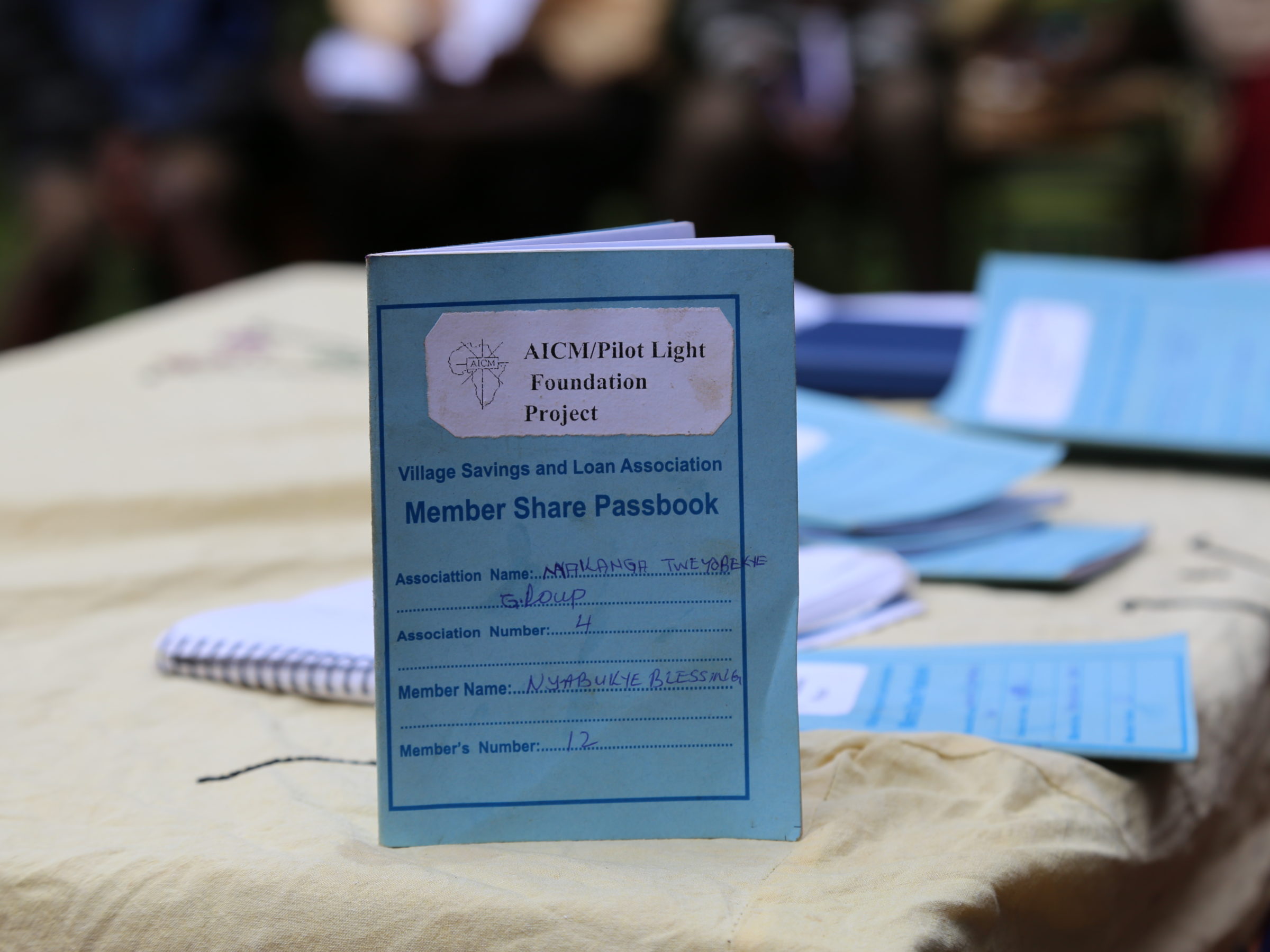As always, we begin this trip by hitting the road running. I have described the drive before from Kigali in Rwanda to Kabale in Western Uganda and into the mountains of Batwa country, but it is so visually spectacular that it deserves to be said again. The scenery is staggeringly beautiful. We passed by many shades of green, silver, farmers toting hoes, boys on bikes with huge canisters of fresh milk, gaggles of children, seated groups of women roasting and selling maize, up and around big rolling mountains on bone jarring roads until we reach the Batwa settlements.
Over the past two days we have visited 5 settlements and it has been enthralling to see the progress in some of them. This is our fifth year working with the Batwa and, with this group, progress has been slow. This is due to the level of marginalization that existed with them and their lack of contact with much of the outside world until the 1990’s when they were forced to move out of the forests of Uganda. It has been necessary to build homes for them, teach them agricultural practices, hygiene and nutrition, get their children to school, start Village Savings and Loans Association (VSLA) groups and to integrate them with the other tribe that lives around them, the Bakiga.
When we arrived at the original settlement that we first visited, I was overjoyed to see the level of development that has occurred. On our first visit, every family was living in tiny huts made of leaves and sticks that were not watertight or clean and they were cooking over fires inside these tiny huts. They were growing almost no food, had little or no livestock. Hygiene was very bad. Health was very bad. Children were not in school.
Although there is much room to continue improving, what we found today was a village scattered with houses. Those houses have outdoor kitchens and household items, such as containers for carrying water, mattresses, forks and spoons, etc. Each home has planted a garden full of a variety of vegetables and fruits. The children look much cleaner and are in school. Most people are participating in the VSLA groups and reported to us that are using it to pay for medical care, school uniforms, seeds and other farming tools, livestock, land and more. The transformation of this group is incredible!
One thing that came up in each group was how unity with their neighbors, the Bakiga, has immensely helped them to be more successful in the VSLA and to be sensitized on how to behave. It is beneficial also for the Bakiga, because they benefit from the VSLA that were implemented to support the Batwa.
It has been a VERY long day and I need to sleep, but to learn more about the Batwa Project, https://pilot-light.org/gallery/batwa/

